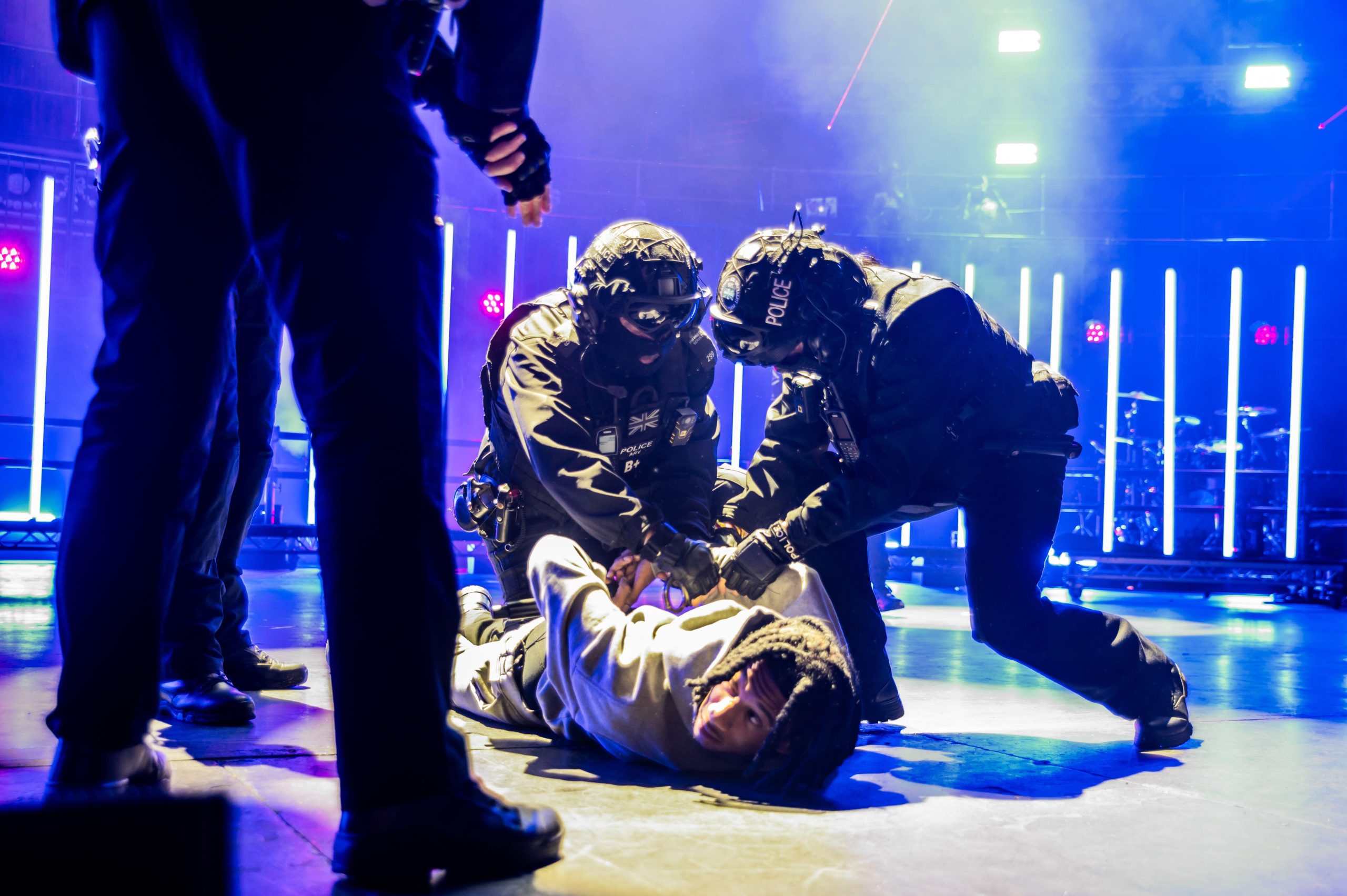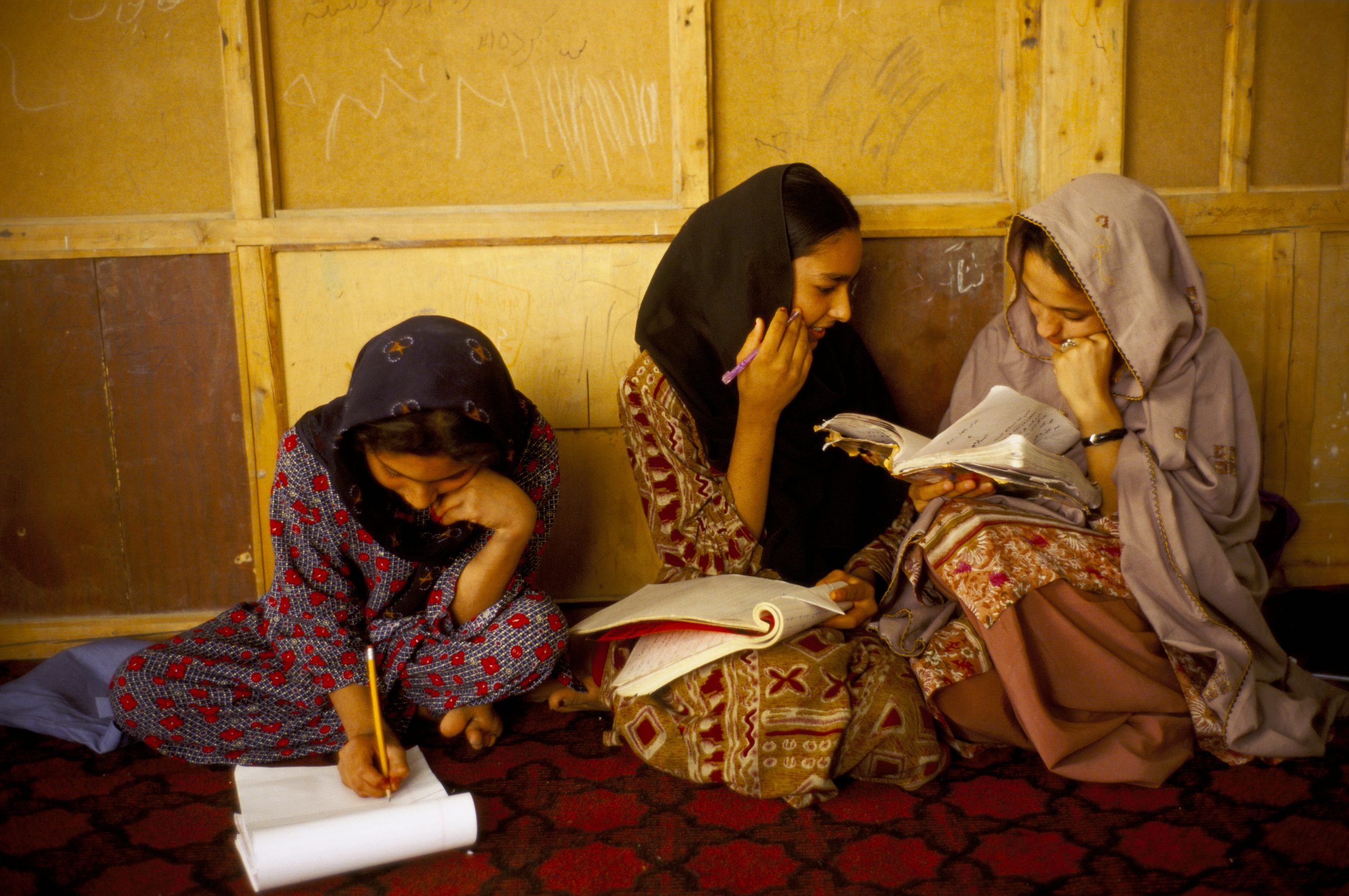
Michael Foot was not only a principled politician, writes Paul Anderson. The former Labour party leader was a passionate journalist and a lifelong defender of free expression
Michael Foot, who has died at the age of 96, is best remembered these days as a politician — and a very important one he was too. He was the leader of the left in the Labour Party from the late 1950s until he took a government job in the 1974 Labour government, and then was Labour leader from 1980 to 1983.
But before that — and after that — he was primarily a journalist, and probably the most consistently active campaigner in Britain for freedom of speech in general and journalistic liberties in particular during the 1940s and 1950s.
He started his journalistic career on the New Statesman under Kingsley Martin, but that didn’t work out. He went on to Tribune, where he and Barbara Betts (later Castle) were junior hacks at its launch. He resigned from Tribune on a matter of principle in 1938, was hired by Lord Beaverbrook to work on the Evening Standard (on the recommendation of Aneurin Bevan) and became its editor in his twenties – in which role, rather strangely, he led the campaign against the wartime government’s suppression of critical press coverage.
After the war, as a Labour MP elected in the 1945 landslide, he returned to Tribune as editor — uniquely, he took two doses of punishment, 1948-52 and 1955-60 — and guided the paper to its second peak of influence (its first was under Bevan and George Orwell in the mid-1940s). Under his editorship, Tribune was at the forefront of campaigns for libel law reform and for what we would now call freedom of information — both causes for which Foot worked consistently as an MP. The paper famously fought a libel case with Lord Kemsley, the press baron who published the Sunday Times and the Daily Sketch as well as a raft of regional and local papers, all the way to the House of Lords. Secretly funded by Beaverbrook, Foot and Tribune won. “Lower than Kemsley” turned out to be a legitimate headline.
Other obituarists will detail Foot’s political career. From me, just one thing that will always stick in my memory. Michael not only defended Salman Rushdie when the Ayatollah Khomeini issued his fatwa against him in 1989 — he positively embraced him. I remember meeting Rushdie at the launch of the film Foot and his wife Jill Craigie put together in the early 1990s as their protest against Serbian aggression against Croatia. “He’s amazing,” said Rushdie of Foot. “There’s no one quite like him. I can’t believe he could have become leader of the Labour Party.” I agreed.
We’ve lost one of the greatest champions of freedom of speech of the past 70 years.
Paul Anderson is a former editor of Tribune. His most recent book is Orwell in Tribune





